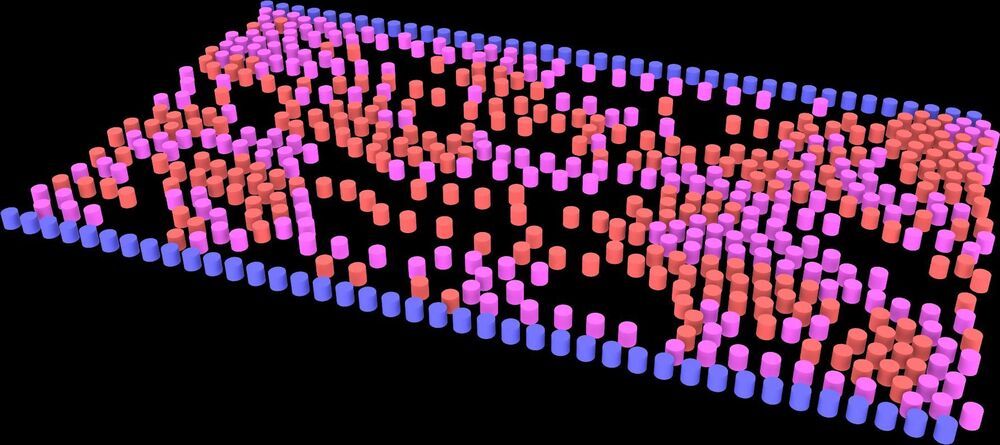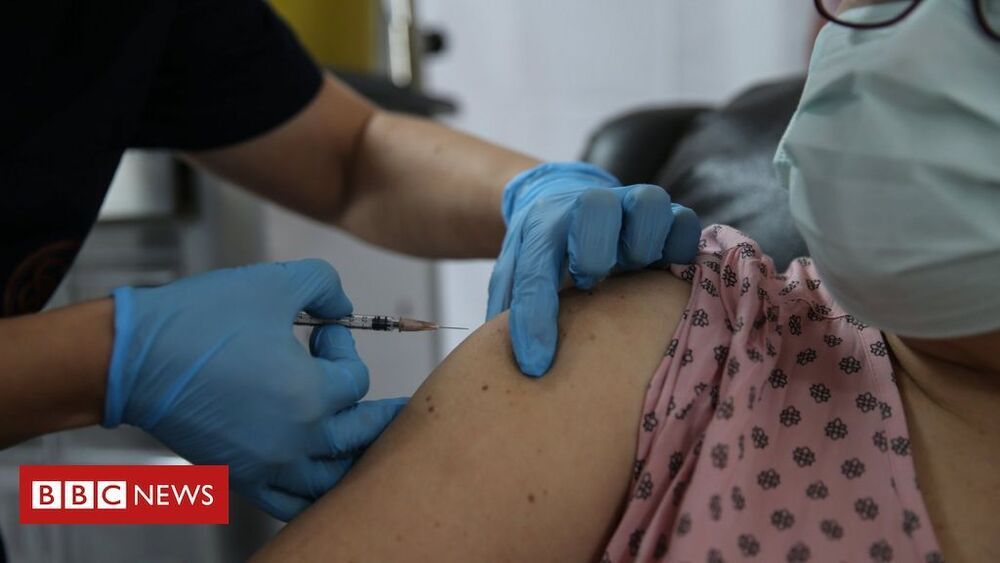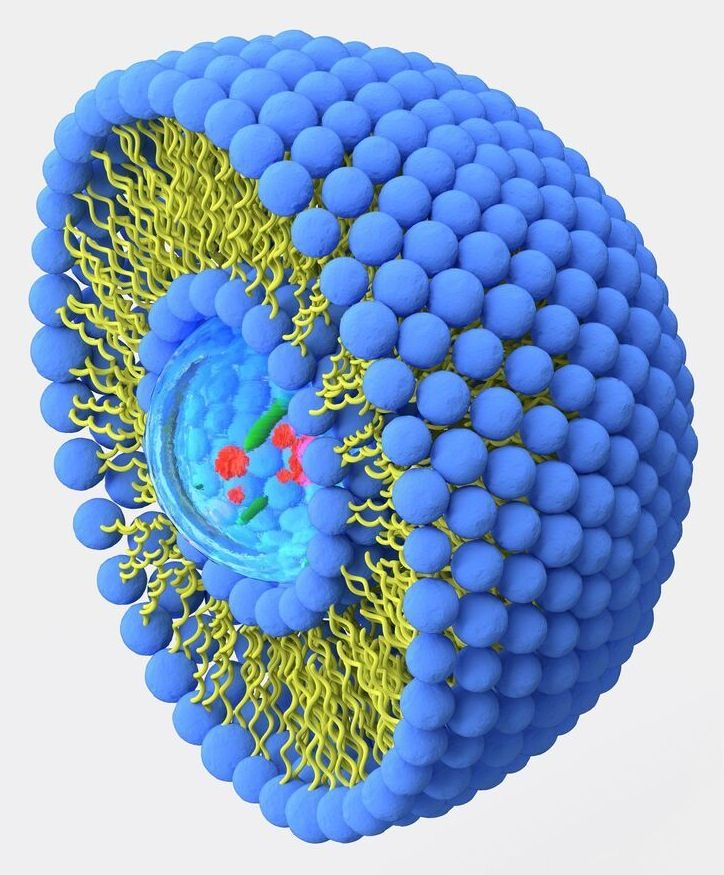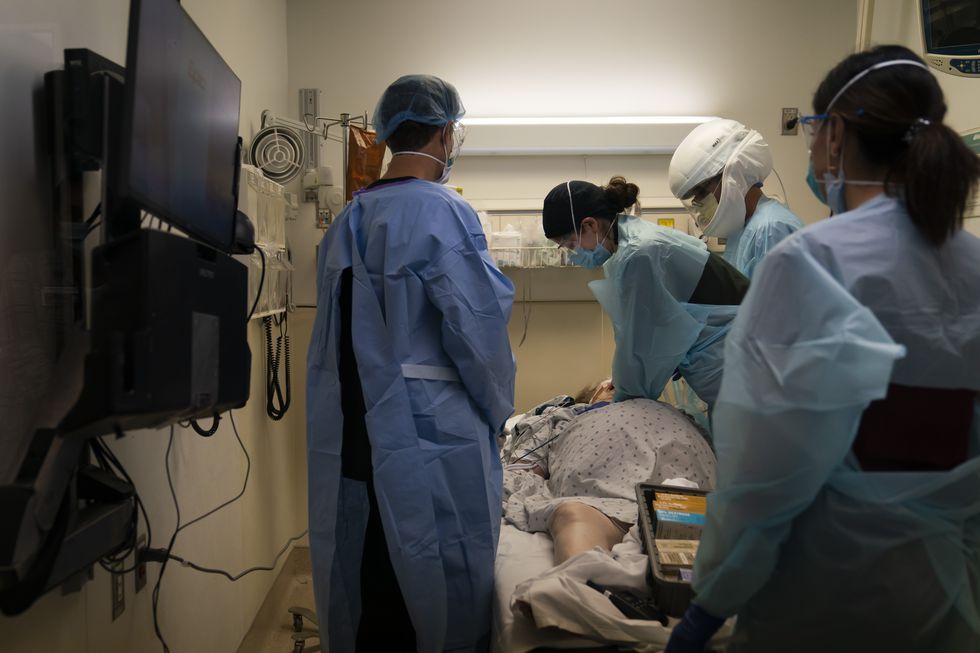The replacement of lost neurons is a holy grail for neuroscience. A new promising approach is the conversion of glial cells into new neurons. Improving the efficiency of this conversion or reprogramming after brain injury is an important step towards developing reliable regenerative medicine therapies. Researchers at Helmholtz Zentrum München and Ludwig Maximilians University Munich (LMU) have identified a hurdle towards an efficient conversion: the cell metabolism. By expressing neuron-enriched mitochondrial proteins at an early stage of the direct reprogramming process, the researchers achieved a four times higher conversion rate and simultaneously increased the speed of reprogramming.
Neurons (nerve cells) have very important functions in the brain such as information processing. Many brain diseases, injuries and neurodegenerative processes, are characterized by the loss of neurons that are not replaced. Approaches in regenerative medicine therefore aim to reconstitute the neurons by transplantation, stem cell differentiation or direct conversion of endogenous non-neuronal cell types into functional neurons.
Researchers at Helmholtz Zentrum München and LMU are pioneering the field of direct conversion of glial cells into neurons which they have originally discovered. Glia are the most abundant cell type in the brain and can proliferate upon injury. Currently, researchers are able to convert glia cells into neurons — but during the process many cells die. This means that only few glial cells convert into functional nerve cells, making the process inefficient.







